


Open the door to exciting opportunities to teach English all over the world.

Asylum seekers who reside in Australia and study onshore are required to pay international onshore tuition fees for higher education courses.
If you are unsure or hold a different visa type, please contact Study@RMIT for more information.
If you are unsure or hold a different visa type, please contact Study@RMIT for more information.
The Certificate in English Language Teaching to Adults, known as CELTA, is the most widely recognised pre-service qualification in the world for teachers of English to speakers of other languages.
CELTA is accredited and administered by Cambridge English Language Assessment, part of the University of Cambridge. Once you have completed the course and met the assessment criteria for all written and practical assignments, you will receive a CELTA qualification.
CELTA is a globally recognised qualification. Other courses may not be recognised by international authorities and so could cause problems getting a visa. Shorter courses are unlikely to meet the National ELICOS Standards of a minimum of 100 contact hours and 6 hours of supervised, assessed teaching practice for teachers in Australian institutions.
CELTA is for people with little or no previous teaching experience. It opens the door to exciting opportunities to teach English all over the world. When you enrol in CELTA with RMIT UP, we work with you to develop:
Skills and confidence in language teaching and classroom management.
Improved awareness and understanding of the English language.
Familiarity with methods and materials for developing English language proficiency.
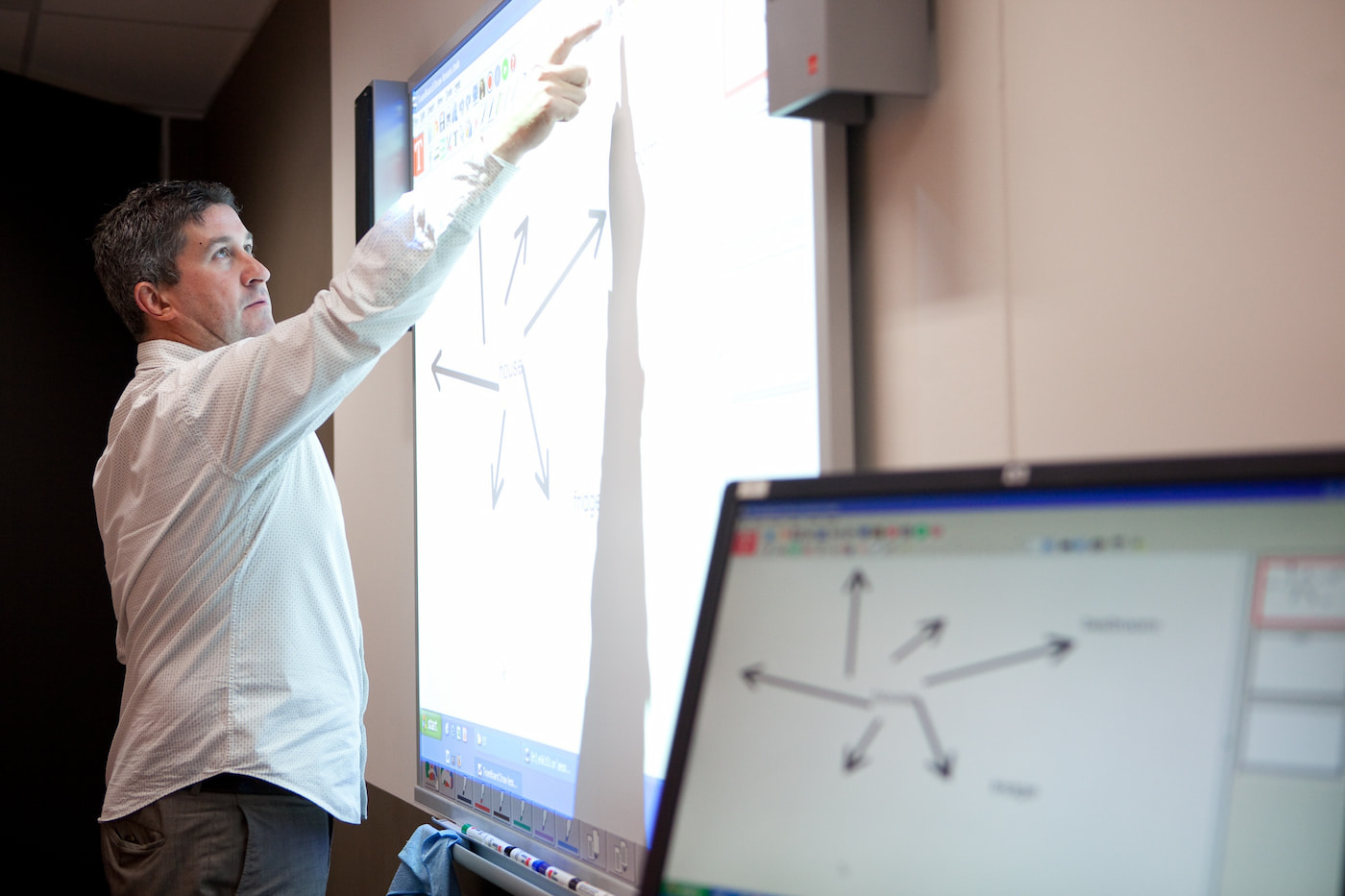
If you want to teach English in the classroom environment, CELTA might be the qualification for you.
Watch to learn more about CELTA.
If you want to teach English in the classroom environment, CELTA might be the qualification for you.
Watch to learn more about CELTA.
[Additional information] Upbeat music plays intermittently between people speaking.
Duration: 4:03 mins
[Opening title] RMIT English Worldwide
Screen title: So you want to teach English? then try. the Certificate in Teaching English to Speakers of Other Languages (CELTA)
Effie Pathimos: I decided to do the course because I had heard so much good feedback.
Visual: Effie stands at the front of a classroom addressing the class, no audio while she voices over the video. Cut to David Threadgold against a wall in an office setting.
Screen title: David Threadgold, CELTA Tutor, RMIT English Worldwide
David: It's a internationally recognized qualification that's accepted worldwide.
Visual: Four adults sit around a table of paper and pens discussing one person's work.
David: And during the course, we get assessed ourselves. They come and they assess the course and make sure we're doing everything correctly and dotting our Is and crossing our Ts as the course goes. So it's a very standardized course across the world.
Visual: Effie addresses a classroom of students
Effie: Anything else? Was there something wrong with the roof?
Effie: And the roof needed to?
Student: (speaks indistinctly)
Effie: Be mended.
Visual: Effie stands against a wall in an office setting and talks directly to the camera.
Effie: It's a very challenging course.
Screen title: Effie Pathimos, CELTA Trainee, RMIT English Worldwide
Effie: It tries all your current knowledge, provides a lot of additional knowledge and skills, and gives you the opportunity to test them, both theoretically and practically, on an everyday basis.
Visual: Effie addresses the classroom in front of a board of images of cleaning tasks including ironing and washing the car..
Effie: What else can we clean?
Effie: Kitchen, yes.
Visual: Cut back and forth between the tutorial setting with students around a small table discussing their work and to David addressing camera.
David: The trainees mostly come from Australia but we do get the odd occasional trainee from places like Russia, some from Britain. We've had trainees from China before. So they all come with a good standard of English and a basic knowledge of how English works.
The course is between four weeks if it's done full-time and 15 weeks if it's done part-time.
Visual: Effie roams the classroom helping students with their work at their desks. Students talk to each other, Effie writes on the whiteboard. Students work sheets on tables show activities with images and words to complete.
David: Well, big part of the course is teaching practice. So during the course, the trainees will take part in nine teaching practices where, basically, they have to teach a group of foreign students and they will be assessed as they go.
So one of the teacher trainers will sit in and observe them and give them feedback on their class and focus on areas that they need to improve and also focus on the positives and the good bits of their classes.
David: Addresses the camera in an office setting.
David: Basically, because the trainees are teachers in training, we don't charge the students to come to the courses, and they come because they've really got some kind of motivation to learn English, and they do come from all over the world. I mean, just today, for example, we had students from Hungary, France, from Korea.
Visual: Effie addresses the classroom
Effie: Instead of to think, I think it is too cold, is there another word I can use instead of I think?
Visual: Effie addressed the camera in office setting.
Effie: I've been working with them for almost two weeks now and even within those two weeks, I can notice a change in the students. One girl in particular who I have personally interviewed, her ability to speak and write has improved within these past two weeks.
Visual: Effie and student working on world map on whiteboard.
David: They learn the basic skills of how to do things like give instructions how to teach grammar, how to teach vocabulary.
Visual: David is in tutorial tutorial setting speaking to a small group of students about their work
David (in tutorial): I mean, if you really want to break it up, you could get.
David (voiceover): Well, in general, what normally happens is in the morning they have their input sessions. So that's when they do theory and that's when they learn about how to teach. Then in the afternoon, they teach the students. Now, they wouldn't necessarily teach every day but every two to three days they'd be in front of the class.
Visual: Effie and students working in classroom.
Effie: If you're interested in teaching international students how to speak English and helping them in those early stages of them coming to Australia and early stages of their education, this course will more than prepare you.
The staff are very skilled and very committed and can guide you at a very, very rapid speed to improve your skills and to gain the knowledge you require.
Screen title: Thanks to David Threadgold, CELTA Tutor, RMIT English Worldwide
Effie Parthimos, CELTA Trainee, RMIT English Worldwide
And the participants of the General English Class
Produced by the Educational Technology Advancement Group (EduTAG) for RMIT English Worldwide
RMIT English Worldwide logo
Back to Video![]()
"Highly recommend this course at RMIT. Teachers here make the entire learning experience so much fun and rewarding. Always grateful to teachers David, Scott and Stephanie for being so helpful."
- Jacqueline D'Cruze, ESL trainer, Masters in English, Bachelor in Education and CELTA
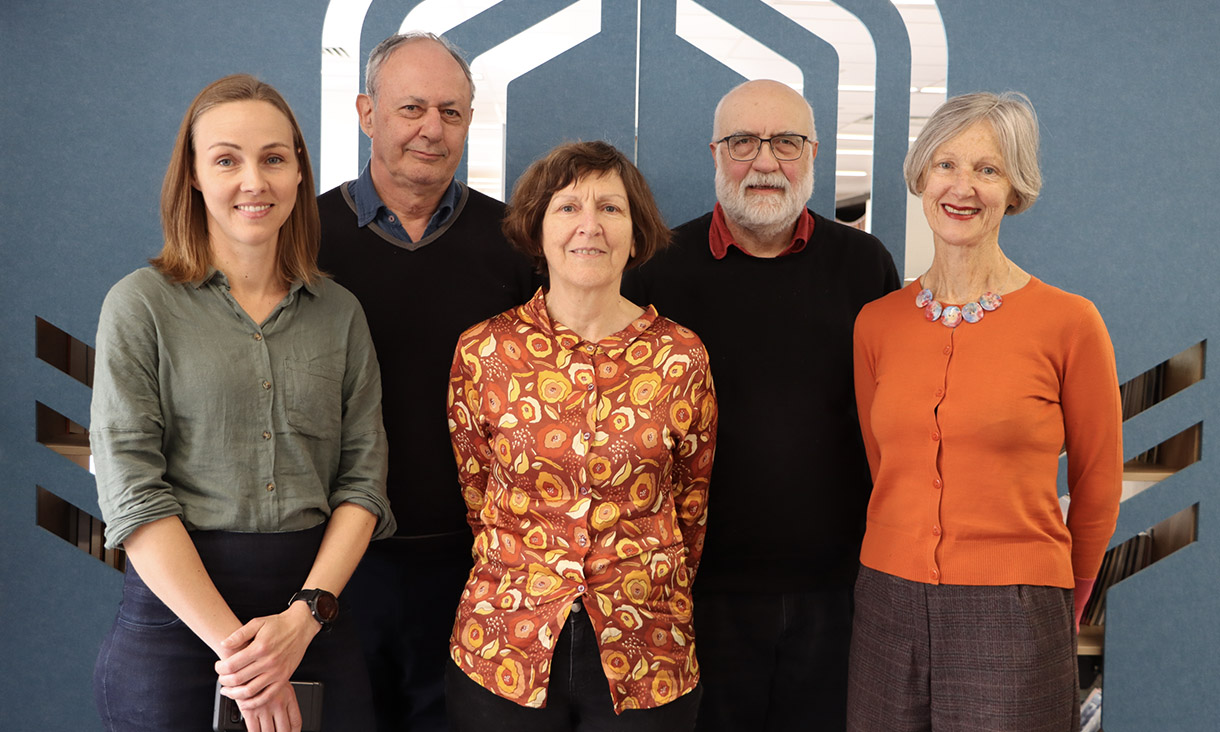
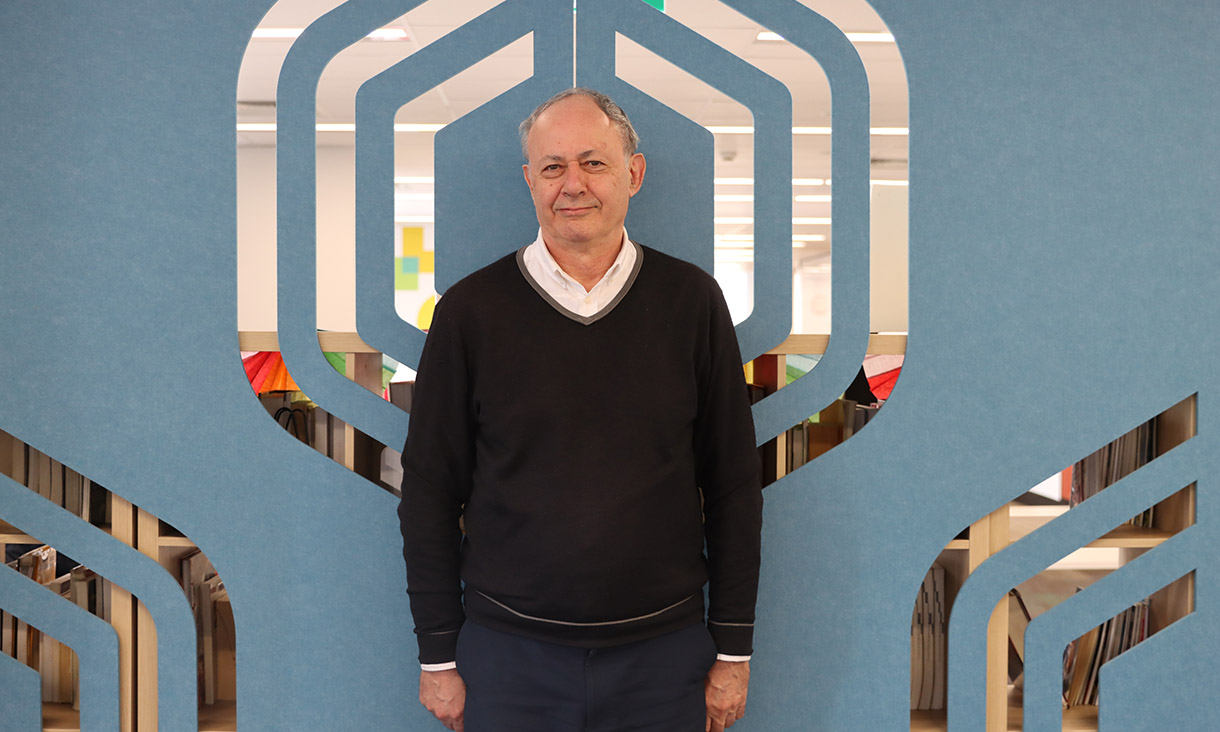
Ron is originally from Scotland and has been teaching EFL/ESL since 1981 and a CELTA tutor since 1989. He has worked in the UK, the Middle East (UAE, Saudi Arabia and Libya), the Far East (Hong Kong) and latterly Australia. He has also been a DELTA tutor and holds a degree in English, an MA in TESOL and a CELTA and DELTA. Ron plays tennis regularly and likes doing cryptic crosswords.
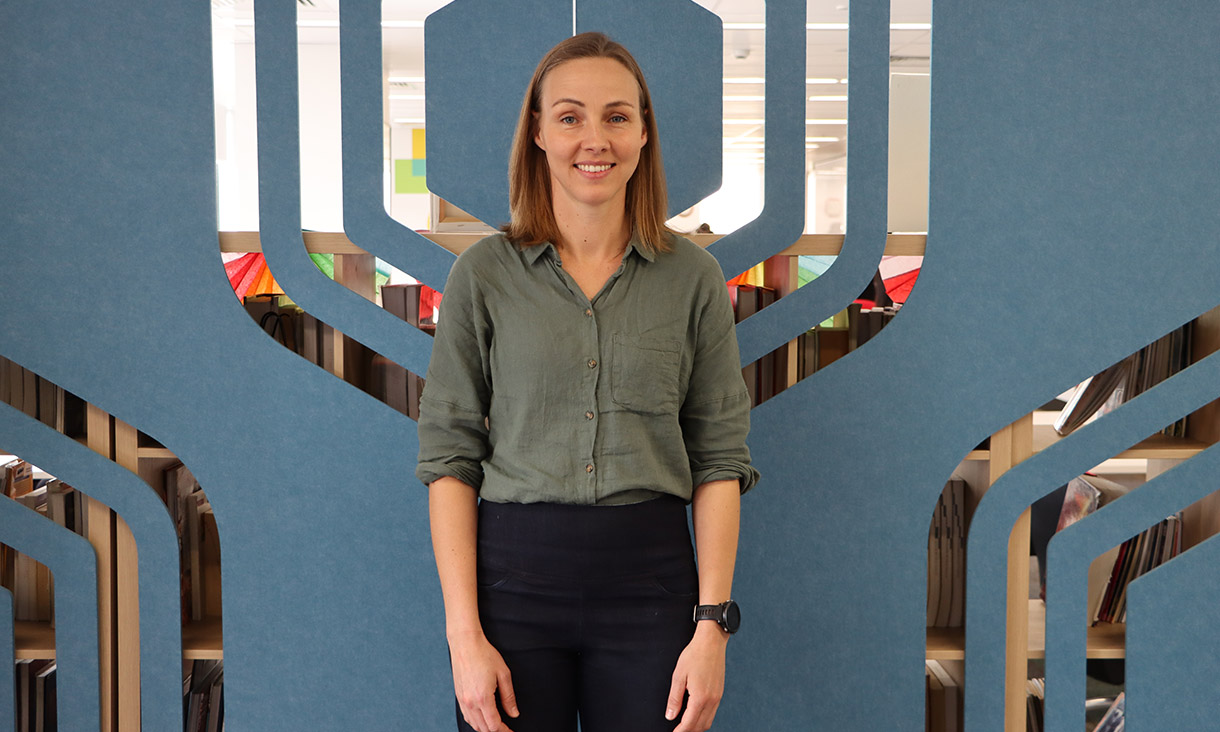
Molly has been an ESL teacher since 2002. She has taught in Brisbane, Chile and Canada. She has taught learners at all levels from Beginner to Advanced, in General English, Business English and Academic English, including IELTS Preparation classes. She holds a Bachelor of Arts (Spanish), and a Master of Applied Linguistics (TESOL). Molly loves gardening, travelling and playing Ultimate Frisbee.
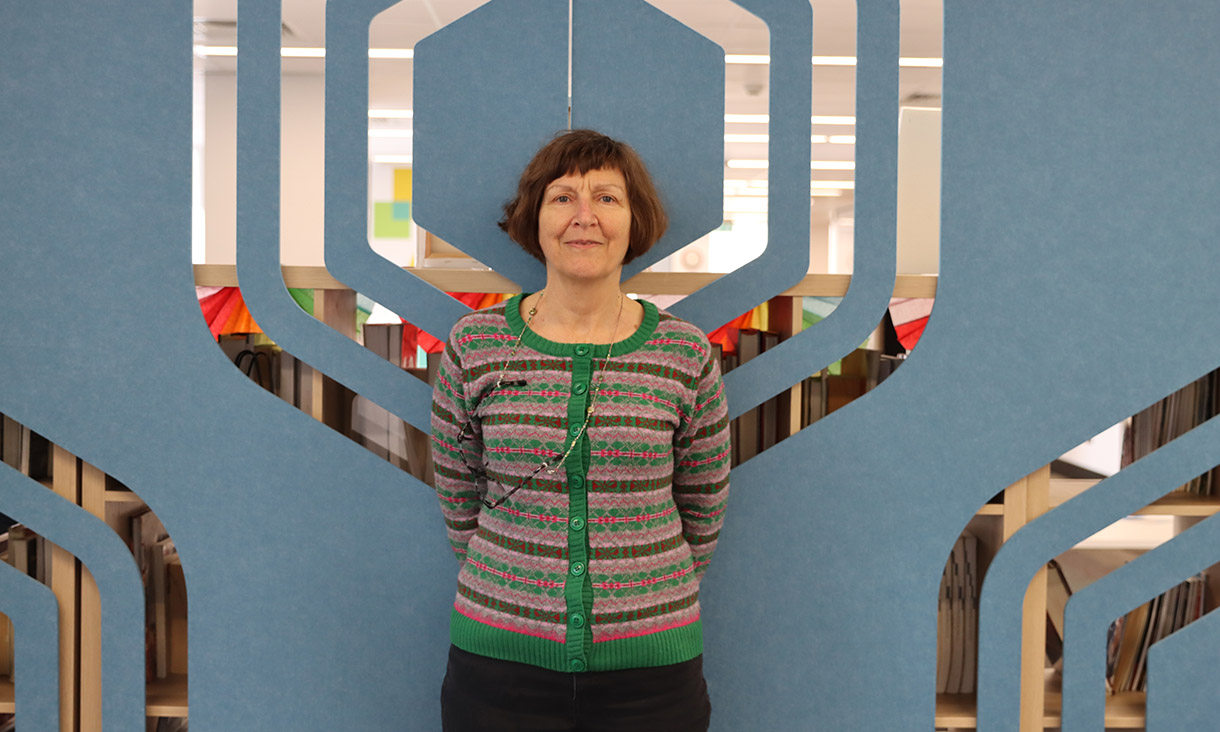
Denise has been at RMIT UP since her return from the UAE, where she spent 6 years coordinating, designing and teaching EAP programmes to tertiary students in Dubai. She is also an IELTS examiner, which has taken her to Iran, Oman and Bahrain. She previously taught Japanese in Melbourne and English in Japan. She has a primary teaching diploma, a BA with majors in Japanese and linguistics, an M.Ed in TESOL and a Certificate IV in Assessment and Workplace Training. Her interests include reading and travelling.
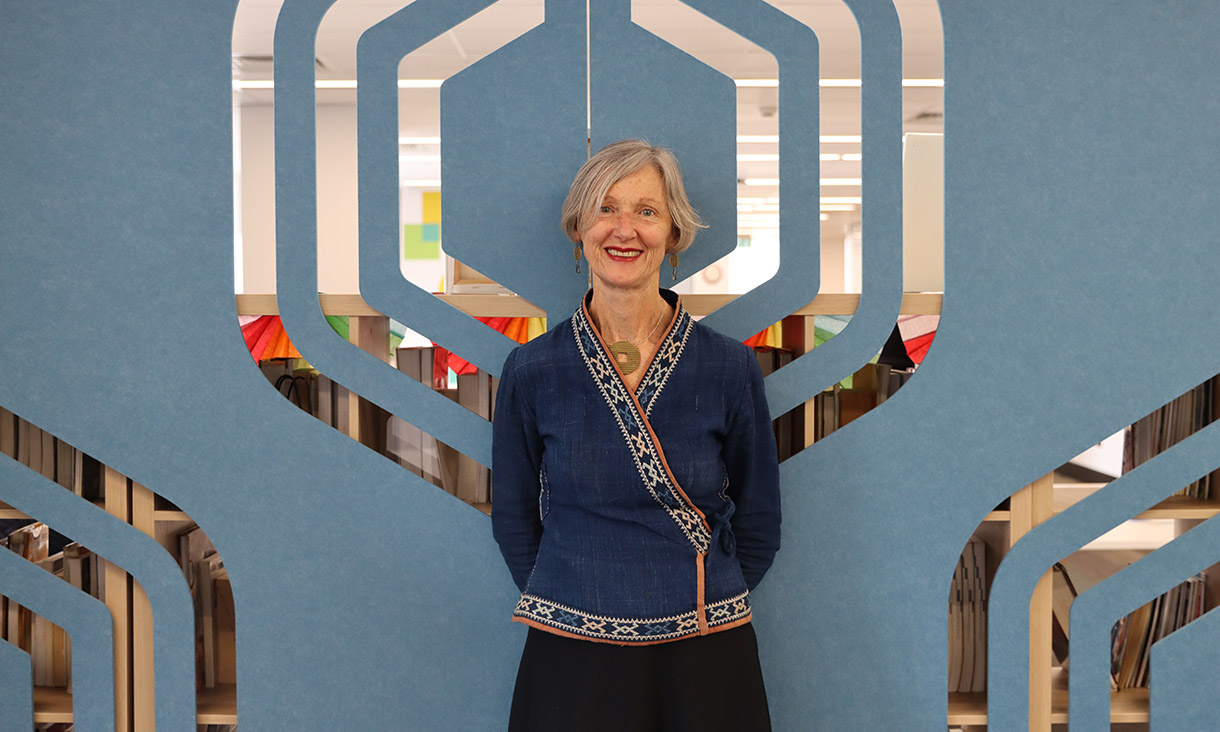
Lynda has been involved in the English language field for more than 30 years as a teacher, teacher trainer, CELTA assessor, Director of Studies and IELTS examiner. She has worked in England, Spain, Australia, Vietnam, China and Costa Rica. She has a Bachelor of Arts, Master of Arts (Applied Linguistics) and Graduate Certificate in Flexible Delivery. Lynda’s interests include sewing, cooking, gardening and border collies.
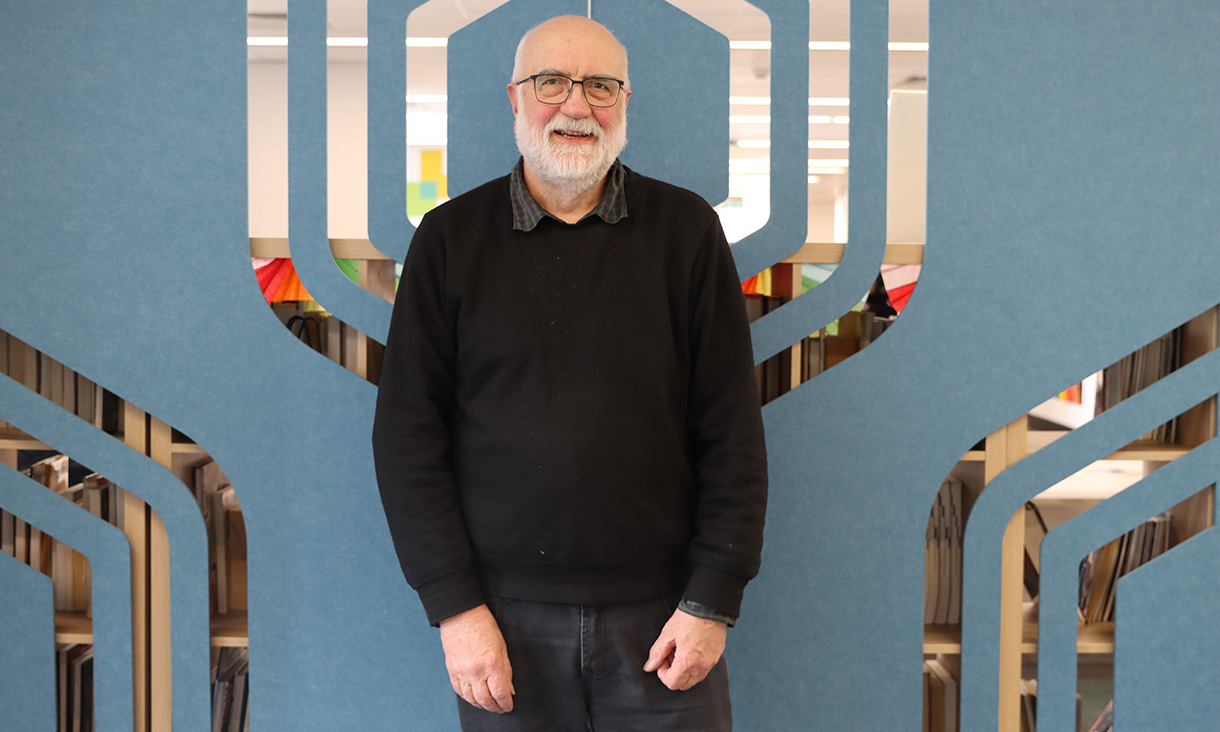
Jon is originally from the UK and has been an English language teacher for over 30 years. He is also an experienced CELTA tutor and assessor and holds a CELTA and DELTA, BA and Master of Arts (Applied Linguistics) and Graduate Certificate in TESOL. He has lived and worked in China, Brunei, the UK and Australia. Jon has lived in Melbourne for many years now, and his interests include travel, walking, playing music and archery.
The course is divided into four main areas:
The CELTA course comprises:
There are a maximum of 18 candidates per course. For each group there is a maximum of six candidates for teaching practice. Candidates give their teaching practice lessons to international students at two different levels of English language proficiency.
RMIT UP offers full-time and part-time face to face, blended (online + face to face) and 100% online CELTA courses.
The full time course is extremely intensive. Classes are held from 8.30 am to 5.00 pm on Mondays, Tuesdays, Thursdays and Fridays for 5 weeks.
Wednesdays are non contact days. Candidates are expected to use Wednesdays for private study and to attend two 2 hour sessions observing experienced teachers running a class. Wednesdays also replace public holidays.
This is a sample timetable.
| Time | Schedule |
| 8.30–10.00am | Workshop 1 |
| 10.00–10.15am | Break |
| 10.15–11.30am | Workshop 2 |
| 11.30am –1.00pm | Lunch break |
| 1.00–3.00pm | Teaching practice |
| 3.15–4.00pm | Feedback on teaching practice |
| 4.00–5.00pm | Lesson preparation/consultation with tutor |
Part-time courses are held from 5.00 pm to 9.00 pm on Mondays and Wednesdays for 15 weeks. Tuesdays replace public holidays. Workshops and input sessions are held on Monday nights and teaching practice and feedback on Wednesdays.
The part-time blended course runs online for 8 weeks followed by 3 weeks face to face teaching practice. Students work on the input sessions at their own pace week-by-week with regular contact online with tutors for the first 8 weeks. Teaching practice takes place face to face from 10am to 12.30pm, Monday to Friday in a three-week block following the online component.
The part-time online course runs online for 9 weeks, and both the input and teaching practice is conducted online. The input section is self-directed reading of weekly online units, which will be supplemented by weekly tutor-led meetings. The teaching section runs every Tuesdays and Thursdays from 5pm to 7pm during the 9-week course.
16 weeks (Mon, Wed)
9.5 weeks (Tue, Thurs)
9 weeks ( 21/10/24 – 20/12/2024)
4 weeks ( 06/01 – 31/01/2025)
Part-time / Online (9 weeks)
Face-to-face Input (4 weeks)
5 weeks ( Mon, Tues, Thurs & Fri)
5 weeks (Mon, Tue, Thu, Fri)
Face-to-face teaching practice
16 weeks (Mon & Wed)
Face-to-face teaching practice
11 weeks (Tue & Thu)
Online teaching practice
5 weeks (Mon, Tue, Thu, Fri)
Face-to-face teaching practice
07 November 2025
16 weeks (Mon & Wed)
Face-to-face teaching practice
02 October 2025
11 weeks (Tue & Thu)
Online teaching practice
06 October 2025
(05 January 2026)
12 December 2025
(30 January 2026)
(Face-to-face teaching practice)
10 November 2025
12 December 2025
5 weeks (Mon, Tue, Thu, Fri)
Face-to-face teaching practice

Our graduates teach English in countries all over the world.
CELTA graduates are:
Our graduates teach English in countries all over the world.
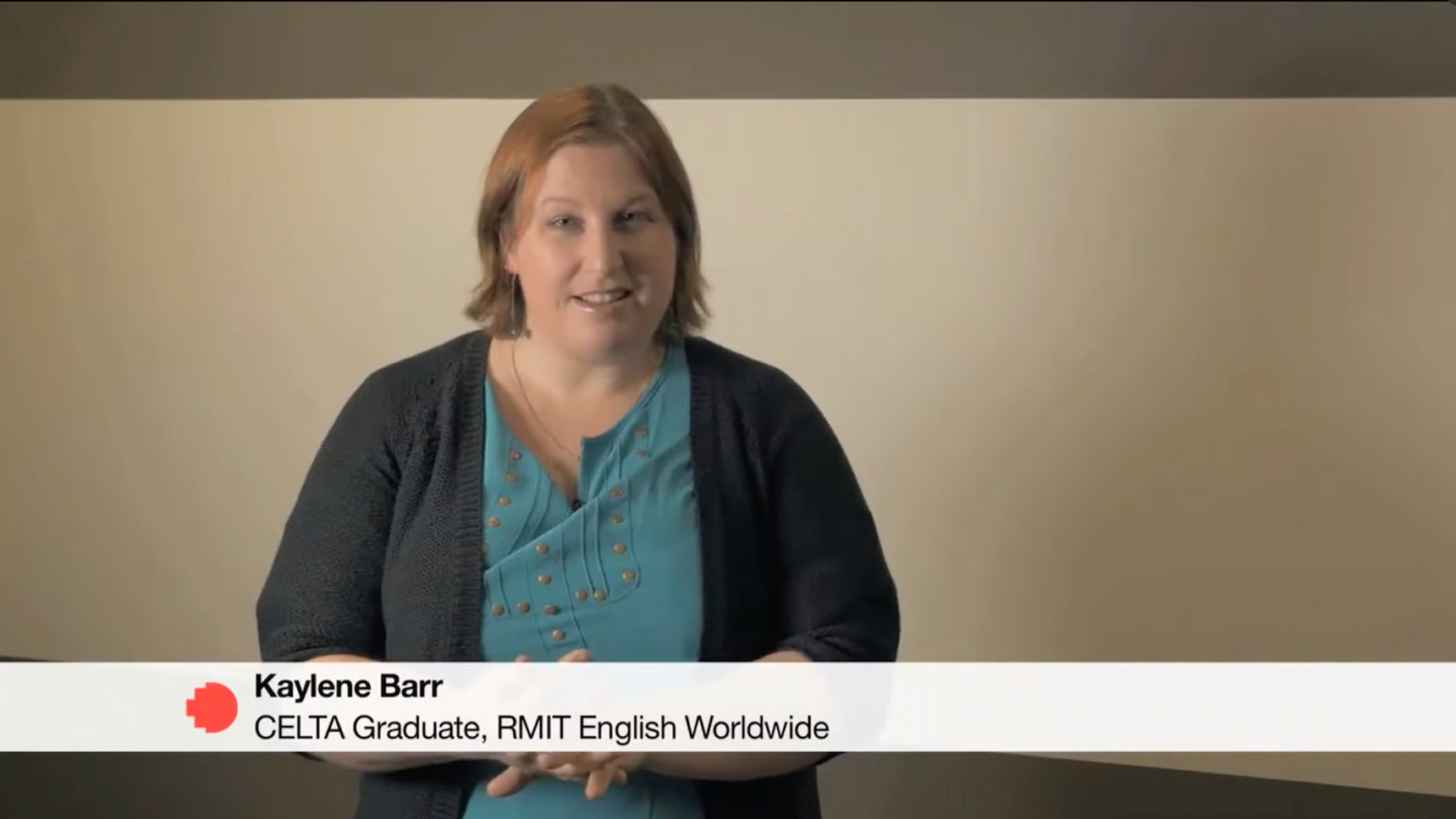
The CELTA qualification can lead to many opportunities. RMIT English Worldwide teacher, Kaylene shares her experience.
The CELTA qualification can lead to many opportunities. RMIT English Worldwide teacher, Kaylene shares her experience.
[Additional information] Kaylene stands against a white wall and talks directly to the camera throughout, no soundtrack.
Duration: 1:55 mins
Kaylene Barr: Hi, my name is Kaylene Barr, and I'm currently a language educator at RMIT English Worldwide.
Screen title: Kaylene Barr, CELTA Graduate, RMIT English Worldwide
Kaylene: My path to this position that I am in right now it started in Prague the Czech Republic. I began teaching English there and really fell in love with the whole career and the whole sharing of my language which is not natural for the Czechs. So when I came back to Australia I found that I really wanted to say in this industry and I needed to add a qualification that would be accepted here and the CELTA was the best choice, not only is it good for Australia but it actually is internationally accepted as well.
So the CELTA provided me with the basics of the methods and the theories of how to teach English it also helps with the basics of English grammar, which is an area that most native English speakers are sorely lacking, and then the best part about the course is that you get in classroom experience with real students and you can actually test all these theories out for yourself
So after doing this course and completing it successfully I gained employment here at REW and so I'm not only in a career I love i'm also in a company that i really enjoy.
[Closing credits] RMIT English Worldwide logo
Back to video
The CELTA qualification can lead to many opportunities. RMIT English Worldwide teacher, Nenia shares her experience.
The CELTA qualification can lead to many opportunities. RMIT English Worldwide teacher, Nenia shares her experience.
[Additional information] Nenia stands against a white wall and talks directly to the camera throughout, no soundtrack.
Duration: 1:24 mins
Nenia Malupa: Hi, my name is Nenia, I was a high school teacher in the Philippines. When I arrived in Australia, I wanted to teach English to adults, so I did CELTA here at RMIT
Screen title: Nenia Malupa, CELTA Graduate, RMIT English Worldwide
Nenia: The course is really great, CELTA is a internationally recognised qualificiations, the teachers were very supportive and very aware of cultural differences. The course was well designed, during my teaching practice I taught at various lengths from 20 minutes to 1 to 2 hours, whole periods - it was good.
From CELTA training I'm now a language educator here at RMIT English Worldwide. What I enjoy so much being a language educator is first, I love teaching and I'm able to do it as a language educator, of course, and I meet different nationalities, different cultures. And, as a Philippino, I'm also sharing with my student what I know and my culture. So I think it's really great and I'm really proud as a non-native English speaker that I'm able to work here in Australia and teaching English is really great.
[Closing credits] RMIT English Worldwide logo
Back to video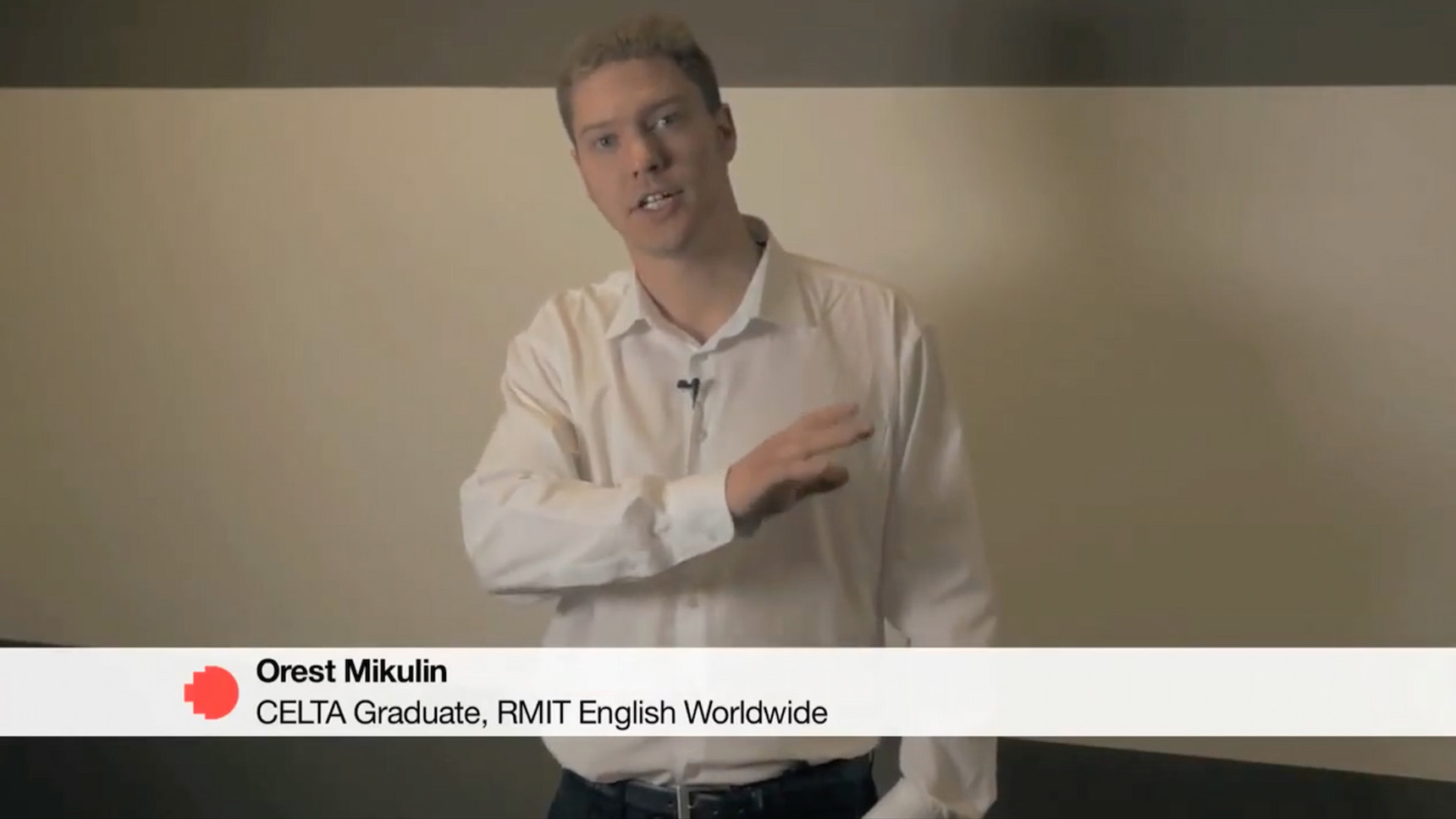
The CELTA qualification can lead to many opportunities. RMIT English Worldwide teacher, Orest shares his experience.
The CELTA qualification can lead to many opportunities. RMIT English Worldwide teacher, Orest shares his experience.
[Additional information] Orest stands against a white wall and talks directly to the camera throughout, no soundtrack.
Duration: 1:55 mins
Orest Mikulin: Hi, I'm Orest Mikulin. I've been working at REW for just over 12 months now, after completing the CELTA here in July 2013.
Screen title: Orest Mikulin, CELTA Graduate, RMIT English Worldwide
Orest: I've always had a passion for languages, or ever since high school. I studied Latin and French at high school and then I studied Ukrainian and French at university.
And then I decided to pursue a career as a language educator. I found the CELTA was really, really useful for me. It provided me with all the building blocks, the foundations that I needed to start working as a teacher and to start my career. And subsequently I've started my masters, or actually now nearly finished my masters, just waiting on the final results. And I found that the subject matter that we studied in the CELTA led very clearly and very directly on to the more detailed exposition of the same subject matter in the masters. So the CELTA is a brilliant starting point, and it gives you everything you need to start working as a teacher.
Since I've been working at REW, I've found it's a really wonderful place to work. It got a really supportive environment, very friendly colleagues, and there are lots of opportunities for continuing professional development, which is really important for me and I'm sure it will be for you too.
So in studying the CELTA, some of the things I really enjoyed were the diverse group of students that I got to work with. People from different backgrounds. Some had been teaching for 20 or 30 years, some of them like myself had never taught before, and some of them were fresh out of high school. So it's very interesting to meet people with different educational backgrounds, different linguistic backgrounds and different professional backgrounds. Also, the staff who provide the CELTA course are extremely professional, extremely friendly, and they give you really good, really useful feedback. So all in all, I really enjoyed the CELTA and I found that it was extremely useful for me.
[Closing credits] RMIT English Worldwide logo